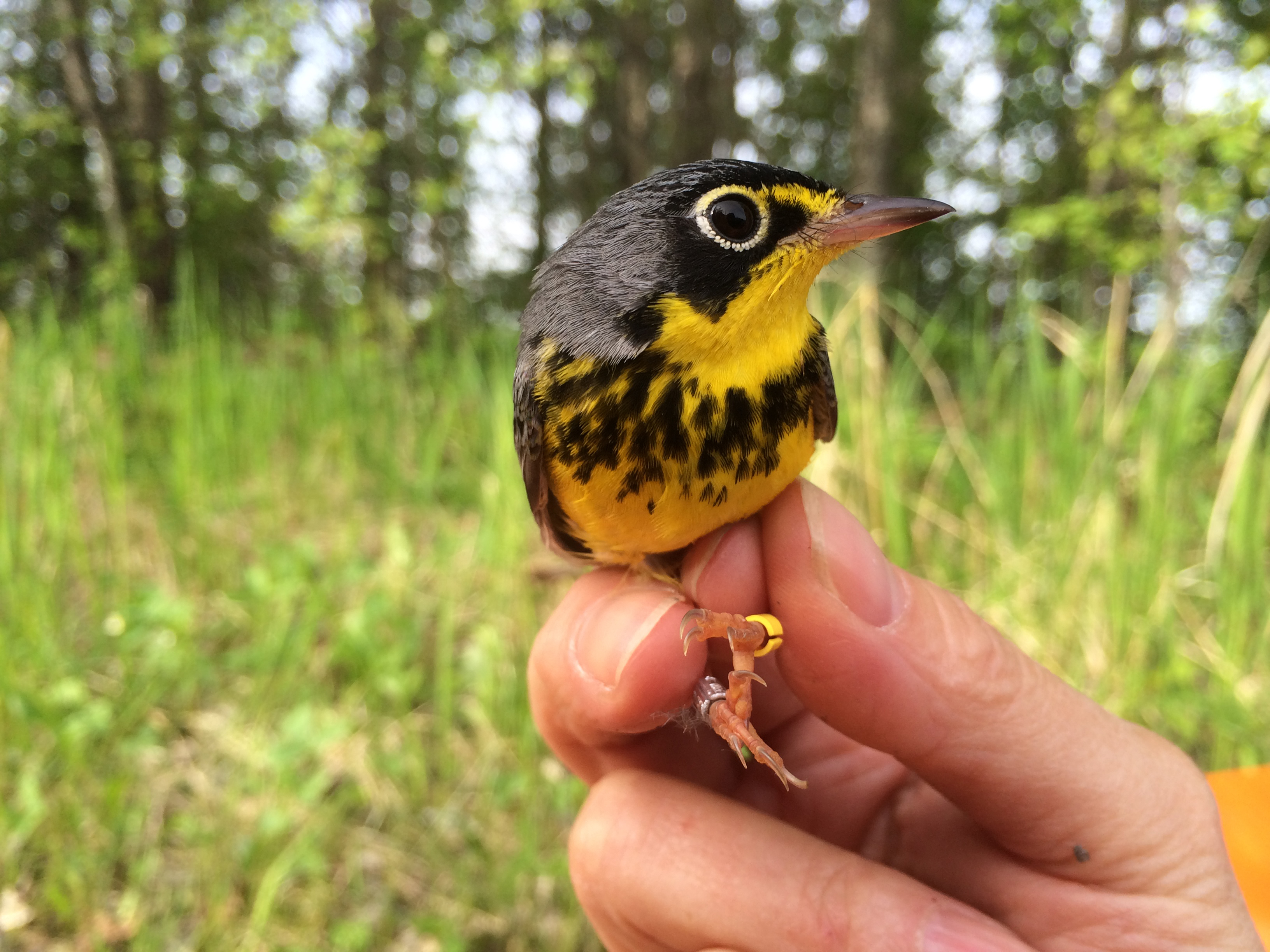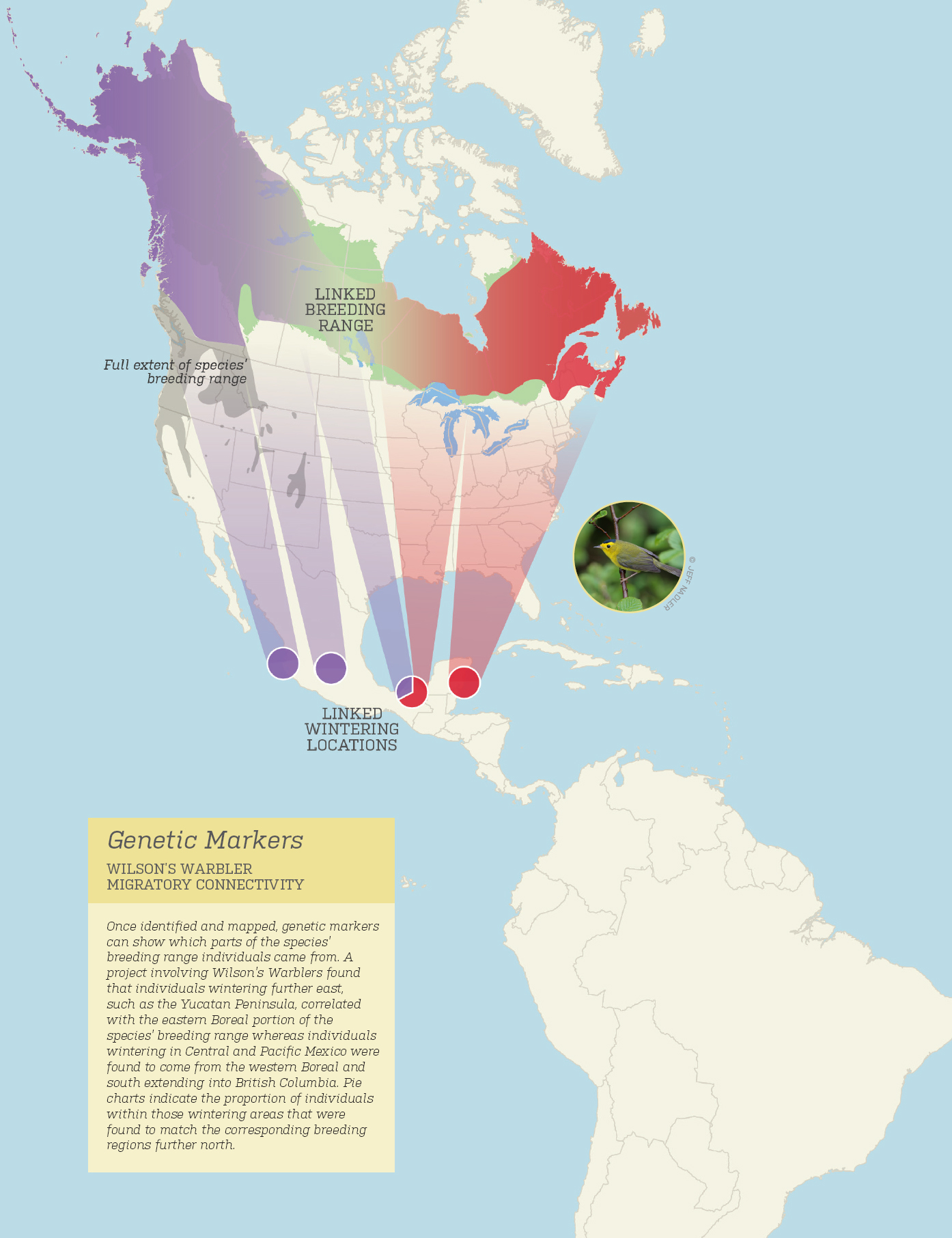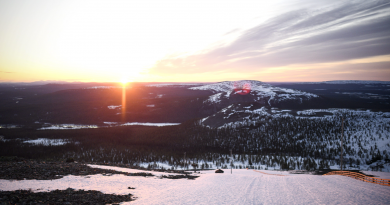Monitoring shows birds flying farther and faster than previously throught

Birds are migrating further and faster than previously thought, something that will require a rethink when it comes to habitat conservation, says a report released this month.
The report, titled Charting a Healthy Future for North America’s Birds, was released by the Boreal Songbird Initiative, Cornell Lab of Ornithology, Ducks Unlimited, and Environment for the Americas. Using technology, researchers tracked birds as they migrated south from Canada’s boreal forest.
“Birds go farther and faster and have broader migratory routes than we thought,” said Jeff Wells of the Boreal Songbird Initiative in a news release.
“This new evidence shifts our understanding of what migratory birds need. They need landscapes to remain wild on a much larger scale. That opportunity still exists in North America’s boreal forest—the nesting ground for billions of migratory birds.”
Need to protect the boreal forest

Both climate change and increased economic activity is threatening bird habitat, says the report, which calls for protection of at least half of North America’s boreal forest, a place where billions of birds start their migration.
“It’s been a hundred years since we signed the pioneering Migratory Bird Convention,” said Les Bogdan of Ducks Unlimited Canada in a news release this month.
“It’s time for another breakthrough. Setting bolder targets for land protection—like protecting at least 50 percent of the boreal forest and applying world-leading standards to any development in remaining areas—is our century’s great conservation idea.”
Working with northern indigenous groups and respecting their traditional lands is also key to conservation, the report says.
Write to Eilís Quinn at eilis.quinn(at)cbc.ca
Related stories from around the North:
Canada: Flame retardants found in Arctic gulls, Eye on the Arctic
Finland: Wind farm aims to limit harm to birds, Yle News
Sweden: Swedish Coast Guard seeks answers on injured birds, Radio Sweden
United States: Starving seabirds grounded in Southcentral Alaska, Alaska Dispatch News



